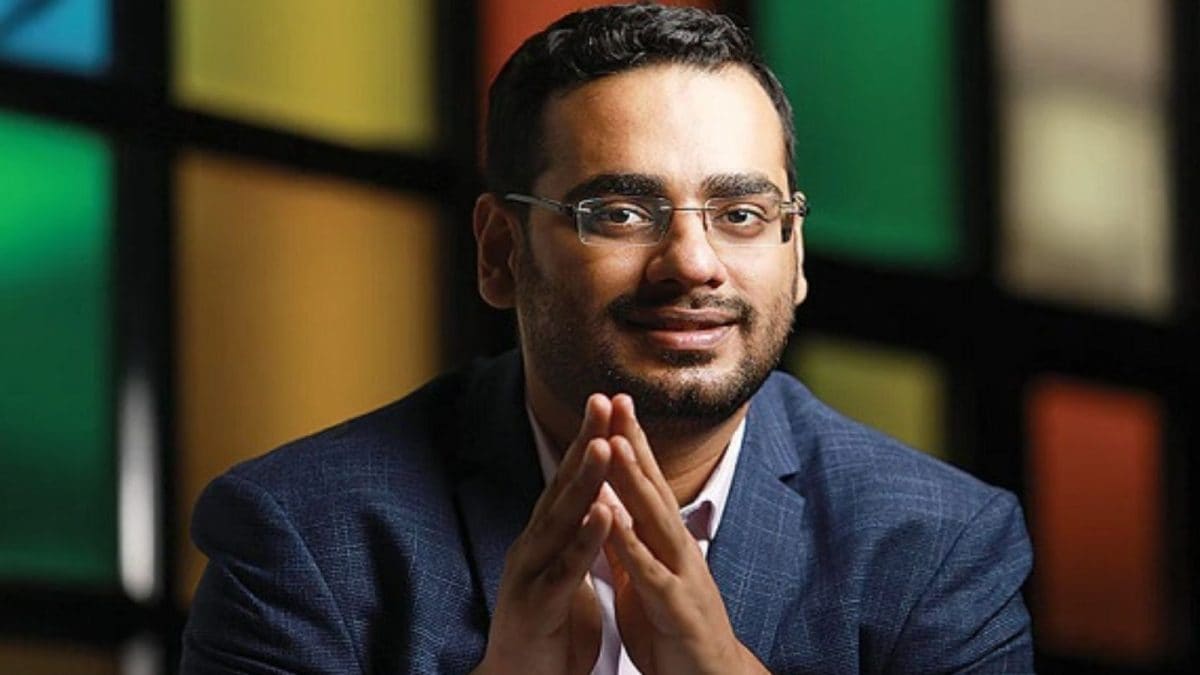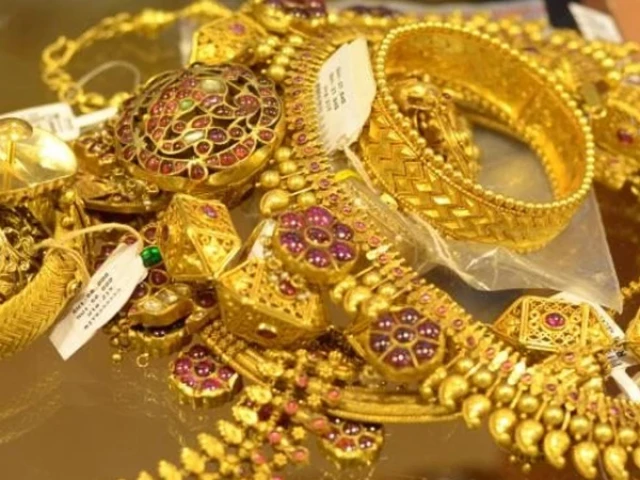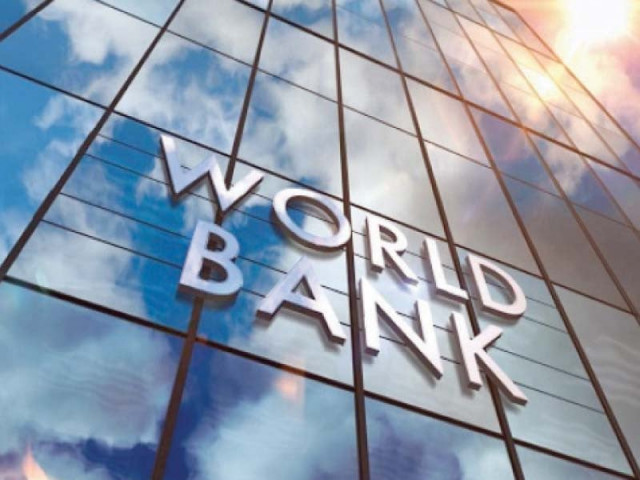Business
Family offices double down on stocks and dial back on private equity

07 July 2025, USA, New York: A street sign reading “Wall Street” hangs on a post in front of the New York Stock Exchange in Manhattan’s financial district. Photo: Sven Hoppe/dpa (Photo by Sven Hoppe/picture alliance via Getty Images)
Picture Alliance | Picture Alliance | Getty Images
A version of this article first appeared in CNBC’s Inside Wealth newsletter with Robert Frank, a weekly guide to the high-net-worth investor and consumer. Sign up to receive future editions, straight to your inbox.
Family offices have ramped up their bets on stocks while dialing back their private equity bets, according to a new survey by Goldman Sachs.
Investment firms of ultra-wealthy families reported an average allocation of 31% to public equities, up 3 percentage points from the bank’s last poll in 2023. Over the same two-year period, their allocation to private equity dropped from 26% to 21%, the largest change for all surveyed asset classes.
The shift to stocks was marked for family offices in the U.S. and the Americas, which raised their average allocation from 27% to 31%. As for private equity, their allocation dropped by 2 percentage points to 25% but still exceeds that of their international peers. The bank polled 245 worldwide family offices, two-thirds of which reported managing at least $1 billion in assets, from May 20 to June 18.
Tony Pasquariello, global head of hedge fund coverage at Goldman Sachs, described the portfolio as a “pro-risk asset mix,” as family offices have maintained a relatively high allocation to private equity.
This is despite growing concerns about geopolitical risks and inflation. In the next 12 months, more than three-quarters of respondents said they expected tariffs to be the same or higher and expected valuations to stay the same or decrease.
Family offices, especially those in the U.S., can face hefty tax bills if they make significant divestments, according to Sara Naison-Tarajano, leader of Goldman Sach’s Apex family office business. Moreover, she said, family offices tend to invest opportunistically when other market players retreat, as they did in April when tariff announcements roiled the markets.
“There are concerns in the market, geopolitical issues, trade war issues,” said Naison-Tarajano, who is also the global head of capital markets for the private wealth division. “If they’re concerned about these things, they’re going to be ready to put money to work when these dislocations happen.”
Investing in public equities and ETFs is also the preferred way for family offices to invest in artificial intelligence, according to the survey. The vast majority (86%) of respondents said they were invested in AI in some capacity, with other popular options including investments in secondary beneficiaries of the AI boom like data centers or AI-focused VC funds.
Goldman Sachs’ Meena Flynn added that family offices are still making opportunistic plays in private equity, with 72% investing in secondaries, up from 60% in 2023. Endowments and foundations have been divesting as they are pressed for liquidity, but family offices can scoop attractive assets at a discount and weather the exit slowdown.
“They have the ability to invest in assets that they can hold over multiple generations and not be worried about an exit,” said Flynn, co-head of global private wealth management.
And while family offices appear to be drawing down in private equity, 39% reported plans to invest more in the asset class in the next 12 months, the highest of any category. Nearly the same proportion (38%) intend to invest more in stocks.
Most family offices did not expect to change their portfolios in the upcoming year. However, across every asset class, more family offices planned to increase their allocations rather than decrease. A third of respondents intend to deploy more capital while only 16% intended to increase their cash and cash equivalents allocation.
“I think what this forward-looking picture tells us is that family offices realize the importance of staying invested, and they realize the importance of vintaging, especially with private equity,” Naison-Tarajano said.
That said, family offices in the Americas are more bullish than their peers. More than a third reported not positioning for tail risk compared with 14% and 12% of firms in EMEA and APAC. The most popular method of preparing for a black-swan event was geographic diversification at 53%, with gold ranking second at 24%. While gold made up less than 1% of the average family office portfolio, Flynn said she has seen allocations in some portfolios as high at 15%.
“Especially in regions where our clients are very worried about political instability, they’re actually holding gold in physical form,” Flynn said. “Many of our clients literally want to see the serial number and know where it is in the vault.”
Asian family offices have also taken to using cryptocurrency as a hedge, according to Flynn. Only a quarter (26%) of APAC family offices said they were not interested in crypto, compared with 47% and 58% of their peers in the Americas and EMEA, respectively.
Overall, a third of family offices are invested in crypto, up from 26% in 2023 and doubled from 2021. Of those who haven’t, Asian family offices reported the most interest (39%) in doing so, versus 17% of their peers. Flynn attributed much of their interest to concerns about geopolitics.
Business
Budget 2026: Cabinet gives green signal to Union Budget 2026–27

New Delhi: The Cabinet on Sunday approved the Union Budget 2026-27 during a meeting in Parliament chaired by Prime Minister Narendra Modi. A meeting of the Union Cabinet was held at Sansad Bhawan at 10 a.m., and after the Cabinet’s approval, Finance Minister Nirmala Sitharaman proceeded to Parliament to present the Budget.
Earlier, FM Sitharaman met President Droupadi Murmu and offered her a copy of the digital budget. The President also offered ‘dahi-cheeni’ (curd and sugar) to Sitharaman when she arrived at the Rashtrapati Bhavan. The Finance Minister was seen carrying her trademark ‘bahi-khata’, a tablet wrapped in a red-coloured cloth bearing a golden-coloured national emblem on it.
Minister of State for Finance Pankaj Chaudhary, Chief Economic Advisor Dr V. Anantha Nageswaran, Central Board of Direct Taxes (CBDT) Chairman Ravi Agrawal and other officials were seen accompanying the Finance Minister. Sitharaman was set to present her ninth consecutive Union Budget in the Lok Sabha. In 2021, she switched to using a digital tablet to carry the Budget papers, further promoting a modern and eco-friendly approach.
The ‘bahi-khata’ is a red pouch that holds the digital tablet containing the Budget documents. This year, Sitharaman opted for a deep maroon Kanjeevaram saree from Tamil Nadu. The saree featured a deep maroon base with a contrasting border and subtle gold detailing, paired with a yellow blouse.
The Budget is likely to strike a deft balance of sustaining growth momentum and maintaining fiscal consolidation. It also needs to address near-term challenges emanating from unprecedented geopolitical flux, said economists. According to economists, the budget is likely to focus more on capital expenditure, especially in sectors deemed to be strategically important owing to prevailing geopolitical compulsions.
While the FY26 Budget was more tilted towards stimulating middle-class consumption with tax reliefs, the FY27 Budget’s approach to stimulating consumption will be selective, they added.
Business
Education Budget 2026 Live Updates: What Will The Education Sector Get From FM Nirmala Sitharaman?

Union Education Budget 2026 Live Updates: Union Finance Minister Nirmala Sitharaman will present the Union Budget 2026–27 on February 1, with a strong focus expected on the Education Budget 2026, a key area of interest for students, teachers, and institutions across the country.
In the previous budget, the Bharatiya Janata Party government announced plans to add 75,000 medical seats over five years and strengthen infrastructure at IITs established after 2014. For 2025, the Centre had earmarked Rs 1,28,650.05 crore for education, a 6.65 percent rise compared to the previous year.
Meanwhile, the Economic Survey 2025–26, tabled in the Parliament of India, points to persistent challenges in school education. While enrolment at the school level is close to universal, this has not translated into consistent learning outcomes, especially beyond elementary classes. The net enrolment rate drops sharply at the secondary level, standing at just over 52 per cent.
The survey also flags concerns over student retention after Class 8, particularly in rural areas. It notes an uneven spread of schools, with a majority offering only foundational and preparatory education, while far fewer institutions provide secondary-level schooling. This gap, the survey suggests, is a key reason behind low enrolment in higher classes.
Stay tuned to this LIVE blog for all the latest updates on the Education Budget 2026 LIVE.
Business
LPG Rates Increased After OGRA Decision – SUCH TV

The Oil and Gas Regulatory Authority (Ogra) has increased the price of liquefied petroleum gas (LPG). According to a notification, the price of LPG has risen by Rs6.37 per kilogram. Following the increase, the price of a domestic LPG cylinder has gone up by Rs75.21. The revised prices have come into effect immediately.
The rise in LPG prices has added to the inflationary burden on household consumers.
-

 Business1 week ago
Business1 week agoSuccess Story: This IITian Failed 17 Times Before Building A ₹40,000 Crore Giant
-

 Fashion1 week ago
Fashion1 week agoSouth Korea tilts sourcing towards China as apparel imports shift
-

 Sports1 week ago
Sports1 week agoTransfer rumors, news: Saudi league eyes Salah, Vinícius Jr. plus 50 more
-

 Sports5 days ago
Sports5 days agoPSL 11: Local players’ category renewals unveiled ahead of auction
-

 Entertainment1 week ago
Entertainment1 week agoTikTok seals deal for new US joint venture to avoid American ban
-

 Fashion1 week ago
Fashion1 week agoTamil Nadu wind policy tweaks to boost textile sector competitiveness
-

 Entertainment1 week ago
Entertainment1 week agoThree dead after suicide blast targets peace committee leader’s home in DI Khan
-

 Sports1 week ago
Sports1 week agoWanted Olympian-turned-fugitive Ryan Wedding in custody, sources say











